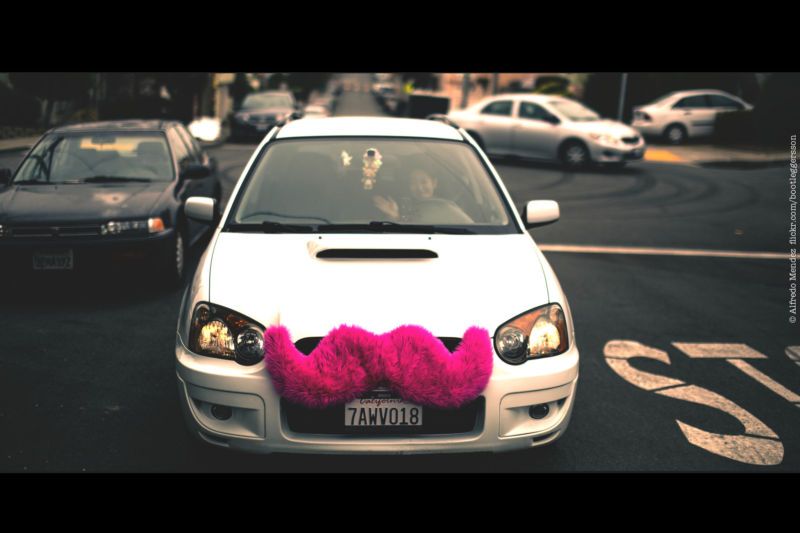
Uber and Lyft are returning to Austin—the capital of Texas and home to the South by Southwest festival. The move comes one year after the ride-hailing services left the area over a driver-background check dispute with city regulators and voters.
The two companies are coming back now because state lawmakers passed legislation, which Gov. Greg Abbott is expected to sign Monday, that removes a controversial requirement that prospective drivers have their fingerprints run through an FBI database that tracks people's criminal activity over the course of their lives. Uber and Lyft claimed that the check was too onerous and should be reserved for security sensitive personnel.
The new legislation supersedes the city of Austin's regulations, paving the way for the companies' return to Austin possibly as early as this coming week. (The companies said they would return for business immediately following Abbott's signature.) Austin Mayor Steve Adler said he was "disappointed" with the new state regulations.
Back in 2016, Uber and Lyft left after failing to convince Austin voters to remove the fingerprinting requirement. The companies spent a combined $9 million on the voter battle.The new legislation demands that ride-hailing companies get permitted by the Texas Department of Licensing and Regulation, and it requires them annually to conduct local, state, and national criminal background checks on drivers.
Anecdotally, Ars found navigating the most recent Uber-and-Lyft-less SXSW to be a mixed bag. Local ridesharing alternatives like Ride Austin or the Boston-based Fasten popped up to fill the void over the course of the last year, but such services seemed overmatched during the event (especially during the conference's first Saturday, where we experienced a few hours-long failure periods). These companies generally mirrored the models (and even app aesthetics) of the two larger, absent ridesharing companies, and it's unclear if any of these local options will maintain a user base with Lyft and Uber returning. Ride Austin told local outlet AustinInno its strategy is to entice drivers with better pay and treatment compared to what the larger companies offer.
reader comments
106